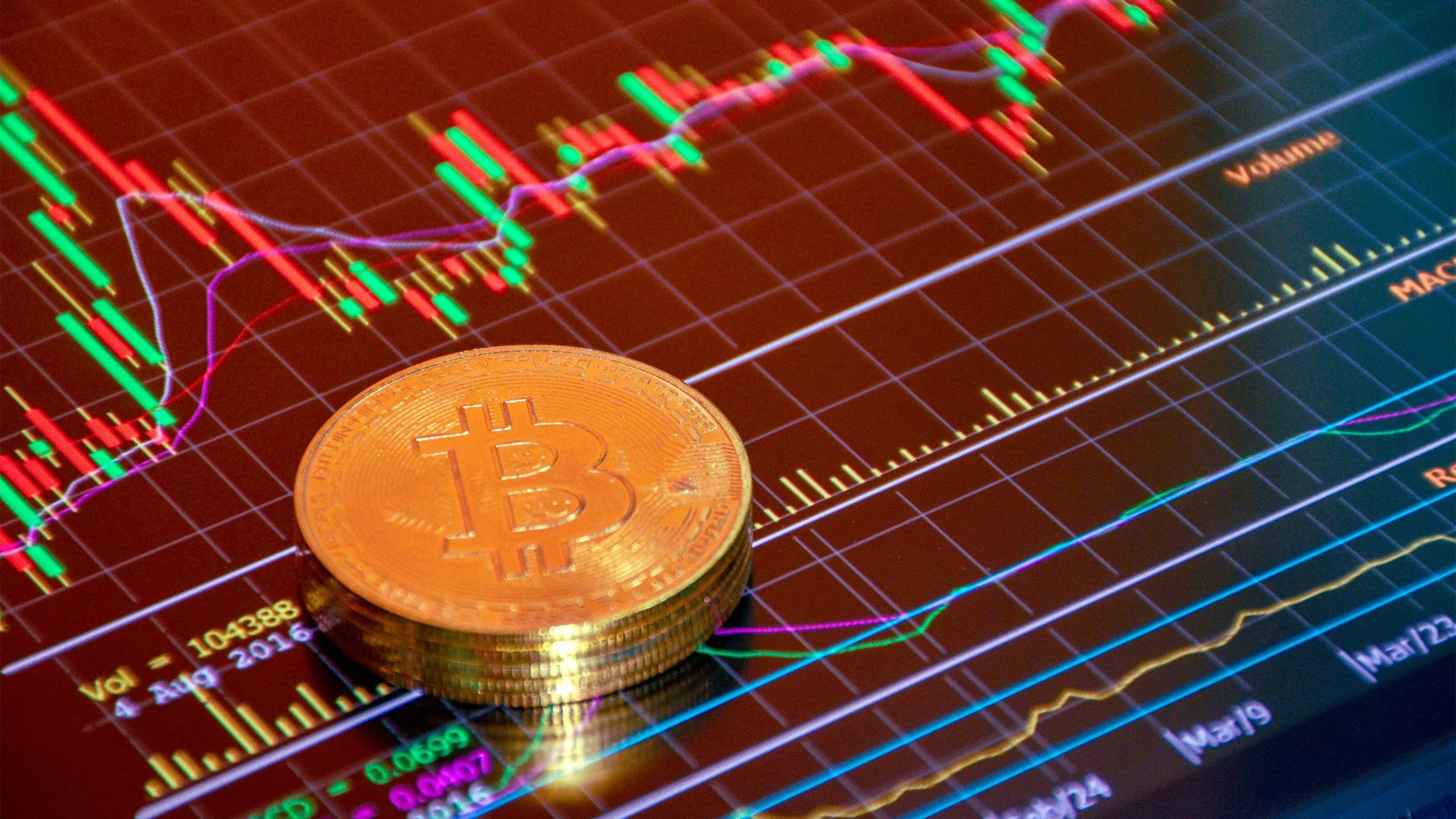(Bloomberg) -- Oil slipped as economic data from China reinforced concerns about weakening demand in the world’s biggest crude importer.
West Texas Intermediate edged 0.8% lower to settle below $71 a barrel, while Brent breached $74. China’s crude refining dipped to the lowest in five months in November, while apparent oil demand fell 2.1% year-on-year. China’s retail sales growth was well below estimates.
The data “demonstrates how easily crude spooks itself lower,” said Rebecca Babin, senior energy trader at CIBC Private Wealth Group. Traders expect choppy trading in the last full week before markets pause for end-of-year holidays.
Providing some support for prices, the European Union sanctioned 52 additional tankers that predominantly ship Russian crude, according to an official list published Monday morning.
Crude has traded in a roughly $6 range since mid-October, with an OPEC+ decision to extend supply curbs countering the dour outlook from China. Also Monday, Brazil’s IBP oil industry group forecast domestic output rising to 3.6 million barrels a day, keeping alive concerns that robust non-OPEC supply will help create a glut next year.
Traders remain uncertain about what a Donald Trump presidency will mean for prices, with possible tariffs threatening to weaken demand while the potentially tighter enforcement of sanctions on Iran may curb supplies.
While futures remain range-bound, a few traders are hungry for bullish call options. On Friday, the most active Brent option was a $100 March call. A total of 53,163 contracts changed hands in large blocks.
That amounts to “the highest volume trade at any strike in either Brent or WTI that I can remember in months,” said Robert Yawger, director of the energy futures division at Mizuho Securities USA.
The calls expire on Jan. 28, suggesting that some traders are betting on President Joe Biden imposing stringent sanctions on Russia or Trump inducing a takedown of Iranian barrels in his first week in the White House. A premium for call options, which profit when crude prices rise, also reemerged last week for both WTI and Brent.
To get Bloomberg’s Energy Daily newsletter in your inbox, click here.
--With assistance from Mia Gindis.




